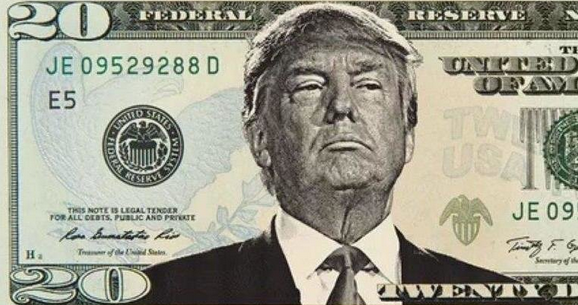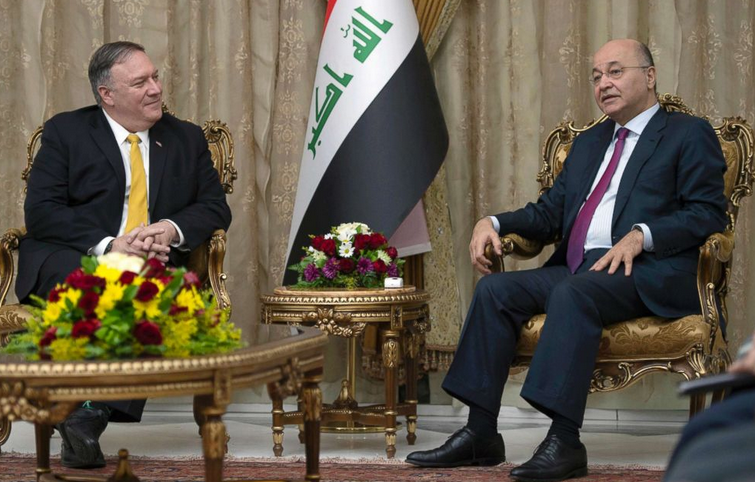I have some questions regarding eurodollars and attempted to answer them myself: Why is GE quoted as interest rates, but de facto acts like a commodity ? Why were GE quotes up (rates on eurodollar deposits down) during the 2008/2020 crises. There was lots of cash demand.
– GE futures prices DO show de facto demand for cash (any fx cash offshore demand)
– GE is priced as rate to par of deposits
– GE reacts to or anticipates FED rates, as FED reacts to cash demand
– the rate of the deposits are not directly driven by supply and demand of global cash, but are driven by “external”/ non-eurodollar-mkt interest rates
– GE quotes can not be understand by the internal supply and demand of the eurodollar mkt conclusion: even GE-quotes are interest rates, GE-quotes act de facto like commodity prices, e.g. currently show huge cash demand.
Does you agree with my answers?


